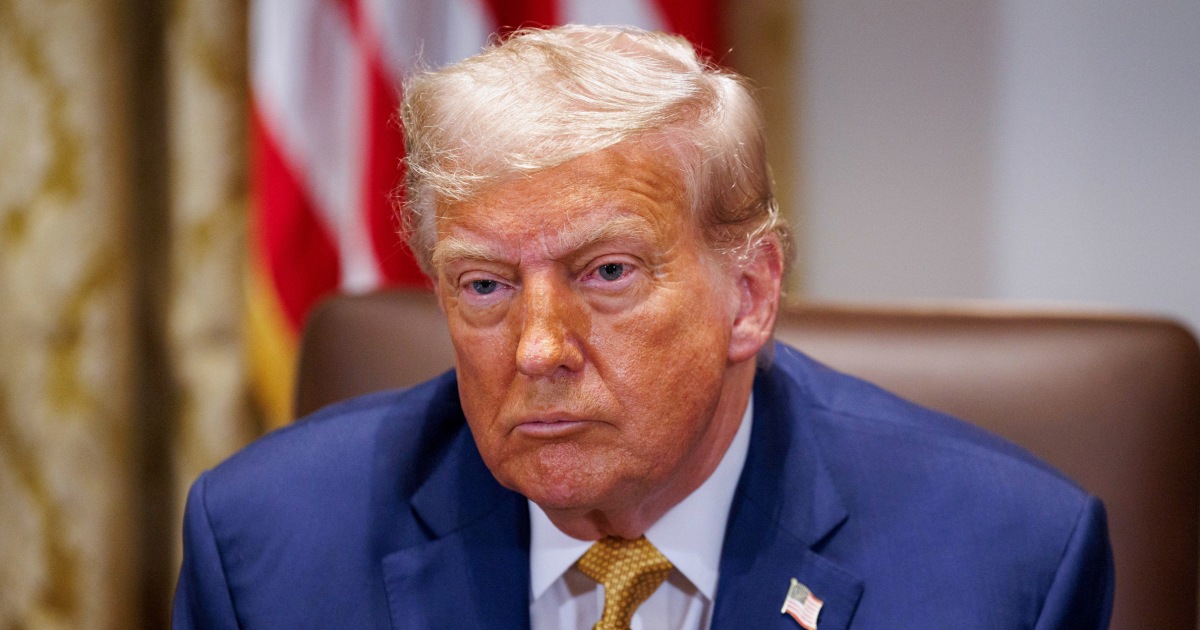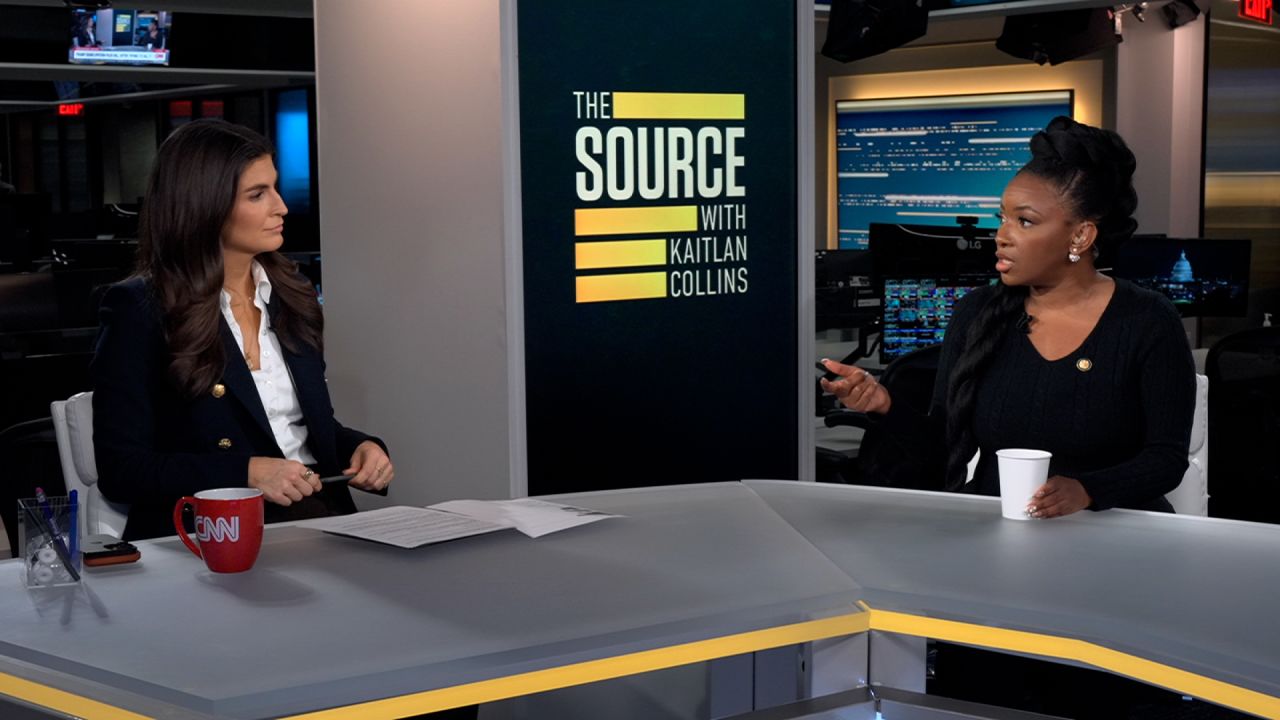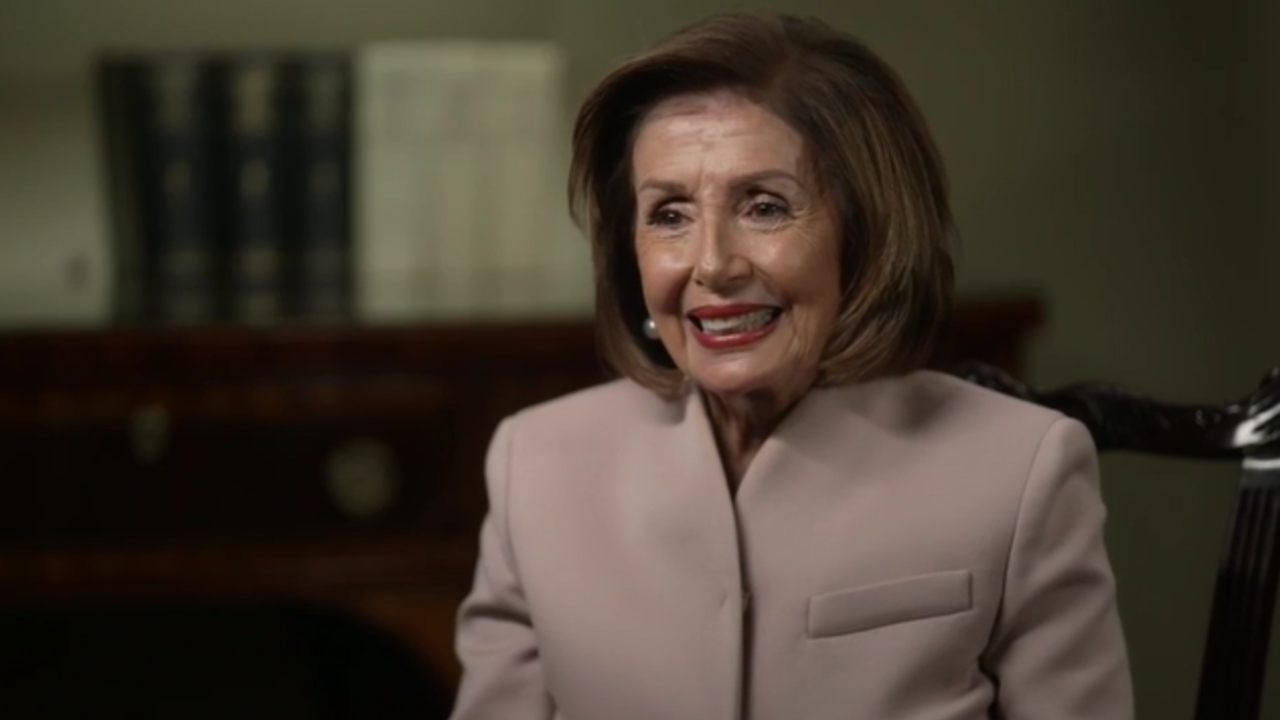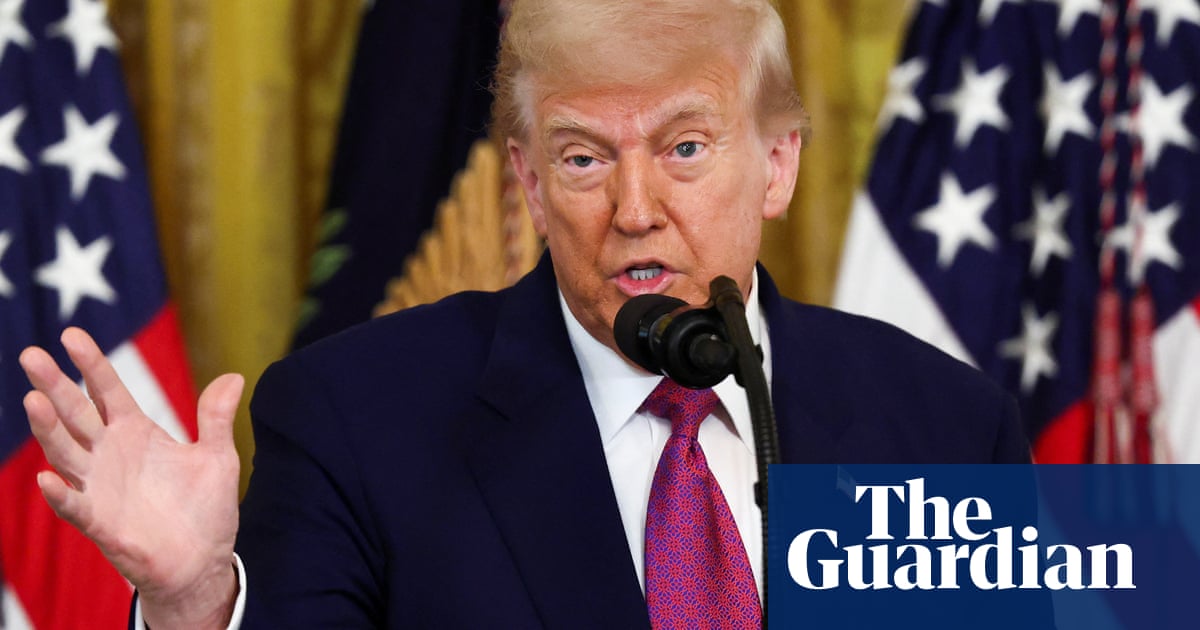Trump Announces New Tariffs as Concerns Over Inflation Rise

President Donald Trump revealed plans to impose new tariffs ranging from 15% to 20% on a majority of the United States’ trade partners, dismissing concerns that these measures could negatively affect the stock market or exacerbate inflation. In a phone interview with NBC News, Trump stated, “We’re just going to say all of the remaining countries are going to pay, whether it’s 20% or 15%. We’ll work that out now.” Existing blanket tariffs currently stand at 10%.
Despite recent tumult in the stock market, Trump highlighted a record close for the S&P 500 on Thursday, indicating a disconnect between his administration’s trade policies and market performance. The S&P 500 recorded a high after months of volatility following the announcement of initial tariffs in April, which led to one of the fastest 20% drops in its history.
Concerns about rising consumer prices were also addressed during the interview. Hasbro’s CEO had warned that toy prices might rise due to the new tariffs. Trump refuted these claims, stating, “If you look at the numbers, inflation’s gone down,” and expressed indifference to Hasbro’s price concerns, suggesting that domestic production would mitigate such increases.
Tariff Communications and Trade Agreements
Trump’s trade agenda has faced delays recently, with administration officials maintaining that he is actively negotiating numerous agreements with foreign nations. This week, he sent letters to 22 countries, establishing tariff rates that include a significant 50% on imports from Brazil and a similar rate on copper imports starting next month. These communications come after a series of promises from Trump about finalizing “90 deals in 90 days,” a goal that has not yet materialized into formal trade agreements.
The European Union and Canada, which are among the United States’ largest trading partners, will receive notification letters regarding new tariff rates. Trump stated, “I’d like to do it today,” emphasizing the urgency of these communications. In 2022, American companies imported over $600 billion worth of goods from the EU and more than $400 billion from Canada.
In response to increasing tariffs, EU trade official Maroš Šefčovič noted that negotiations are ongoing to prevent the bloc from facing additional tariff increases. He mentioned that the EU has $100 billion in retaliatory tariffs ready to implement if necessary, targeting key products from states that supported Trump.
International Relations and Domestic Policy
On the international front, Trump addressed the ongoing conflict in Ukraine, expressing disappointment in Russia’s actions. He indicated that he would make a significant statement regarding Russia in the coming days. Trump detailed a new agreement involving the shipment of weapons from the U.S. to NATO, with NATO covering the costs. “We send weapons to NATO, and NATO is going to reimburse the full cost of those weapons,” he explained, though the specifics of this arrangement remain unclear.
The Defense Department had recently paused a scheduled shipment of arms to Ukraine, a move that surprised many within the Trump administration. When questioned about this pause, Trump claimed, “I don’t know anything about it,” while praising Defense Secretary Pete Hegseth for his performance.
Domestically, Trump recently signed the “One Big Beautiful Bill Act” into law on July 4, 2023, which extends previous tax cuts and introduces new spending for border security and defense. This legislation has drawn criticism from Democrats, who argue that it undermines social safety net programs. Trump downplayed concerns over potential voter backlash, asserting that Democrats have “lost their minds” and would not sway public opinion against Republicans.
As the political landscape evolves, Trump remains firm in his approach, claiming that the impending changes will not deter his administration’s goals or the support of his constituents.






